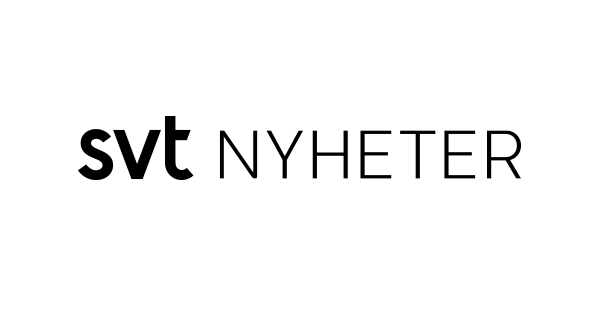The previous PISA study presented in 2016 showed that the knowledge had improved in the Swedish 15-year-olds. On the other hand, the differences were large between different schools in Sweden. This means that in one municipality there are schools where practically all ninth graders are allowed to go on to high school while another school only manages to give one third of the students access to the high school.
This lack of equality between schools is a growing problem in Sweden.
In our feature from Bredängsskolan in Stockholm, the differences between schools in vulnerable areas and in more prosperous districts are clarified.
Strong improvementAlmost 90 percent of the students at Bredängsskolan have a foreign background and most of the students' parents have no college education. On the other side of the road lies Mälarhöjden with many high-income earners and few people with foreign backgrounds.
Despite the challenges, Bredängsskolan has greatly improved its knowledge result. Nowadays, almost eight out of ten students have the right to go to high school, a doubling compared to five years ago.
Increased grants from the municipality have enabled smaller classes, two teachers in each class in important subjects and help with homework after school.
Is extra money the solution to the knowledge challenge or are there other ways? And what does this really mean the growing gap between different schools in Sweden. We will discuss this in Agenda's studio.
Minister of Education in the studioIn addition to the element about Bredängsskolan, we have also interviewed the two education ministers who governed school policy during the most recent PISA measurements, Jan Björklund (L) and Gustav Fridolin (MP).
And to our studio comes the current Minister of Education Anna Ekström (S). We have also invited Hamid Zafar, head of children and education in the municipality of Mullsjö and previously praised the headmaster at two schools in the suburbs of Gothenburg. Among other things, he was involved in reversing the negative development at the Shumila school in Gårdsten, where he himself had once been a student.
Hamid Zafar has been an expert in the Moderates Integration Commission since April this year. When he accepted the assignment, he wrote on social media that his participation in the Commission "does not mean that I become a member of M."
Read more about PISA here, at the Swedish National Agency for Education's website.

